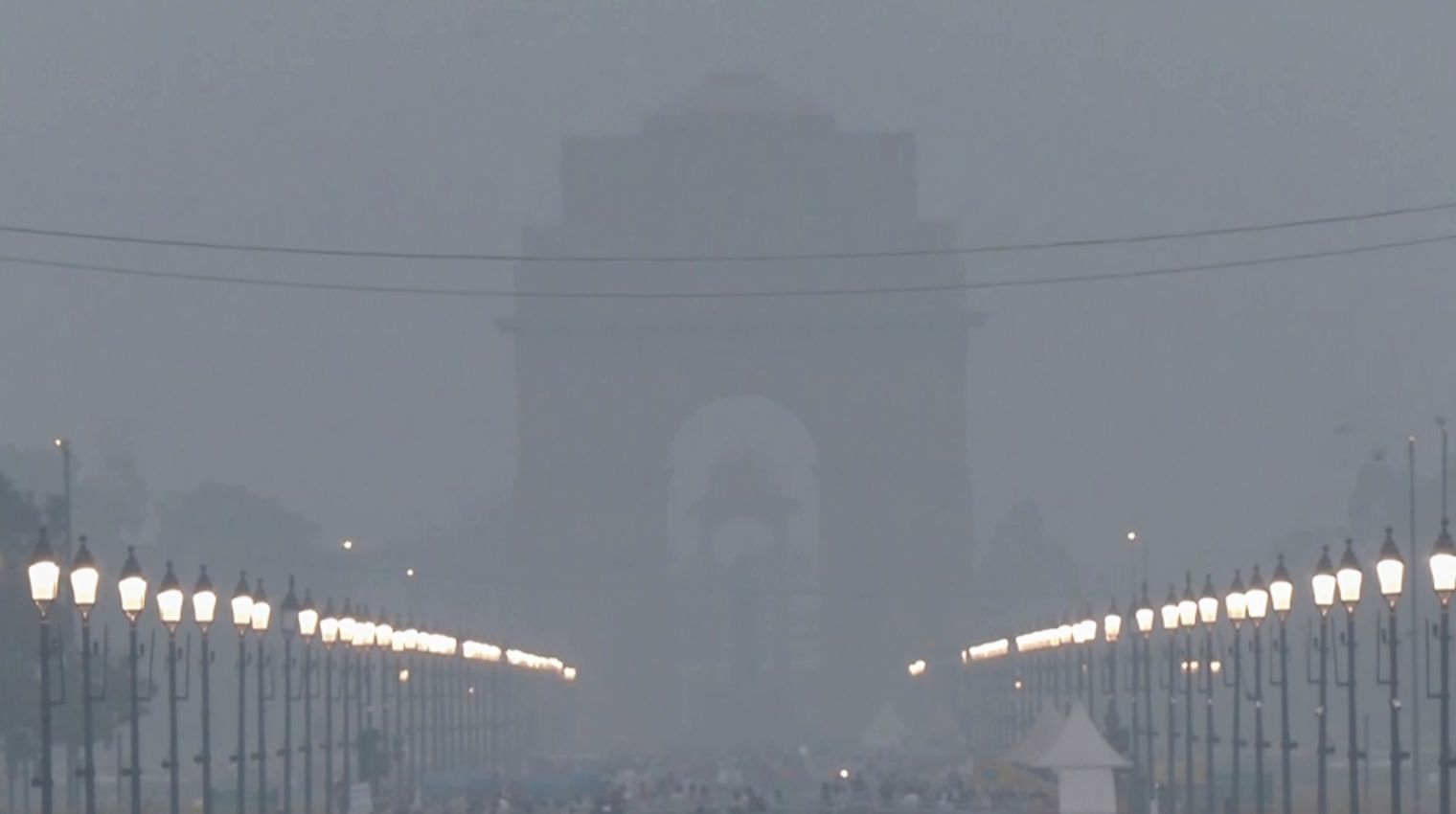According to a recent survey, 69% of families have at least one member with a pollution-related illness, such as a cough or sore throat, as Delhi-NCR struggles with declining air quality.
On Diwali night, the national capital had extreme levels of air pollution, with numerous locations experiencing Air Quality Index (AQI) values that reached the maximum threshold of 999.
More than 21,000 inhabitants of Delhi-NCR participated in a study by the digital platform Local Circles, which showed the wide-ranging impacts of air pollution on the local populace.
According to the results, 62% of families have at least one member who has burning eyes as a result of increased air pollution, and 46% have a member who has congestion or a runny nose.
According to the study, 31% of participants said they had asthma or other respiratory issues, while another 31% said they had headaches. Approximately 23% reported experiencing anxiousness or difficulty focusing, while 15% mentioned having trouble sleeping. Nonetheless, 31% of respondents said that neither they nor their relatives had any pollution-related problems.
According to the report, “the severe or hazardous AQI levels post Diwali are likely to make things worse, as many people already have a cold and cough, and some are even suffering or already suffering from respiratory disorders like asthma, bronchitis, and chronic obstructive pulmonary disease (COPD).”
How are residents of Delhi-NCR preparing to deal with air pollution?
Residents of Delhi NCR were asked in the survey how they are getting ready to deal with the deteriorating air quality, which is now between 300 and 500 AQI and is predicted to quadruple in the next week. Fifteen percent of the 10,630 respondents say they intend to spend some time outside of the city. A further 23% plan to use air purifiers in addition to these indoor precautions, while 9% plan to remain indoors and increase their consumption of foods and beverages believed to strengthen immunity.
The answers show different strategies for dealing with the pollution problem. About 15% will carry on with their regular activities while donning masks outside, and 15% will also eat items that increase immunity. While a sizable section of the populace is willing to put up with the pollution with little help, only 23% of respondents intend to use air purifiers.


Leave a Reply